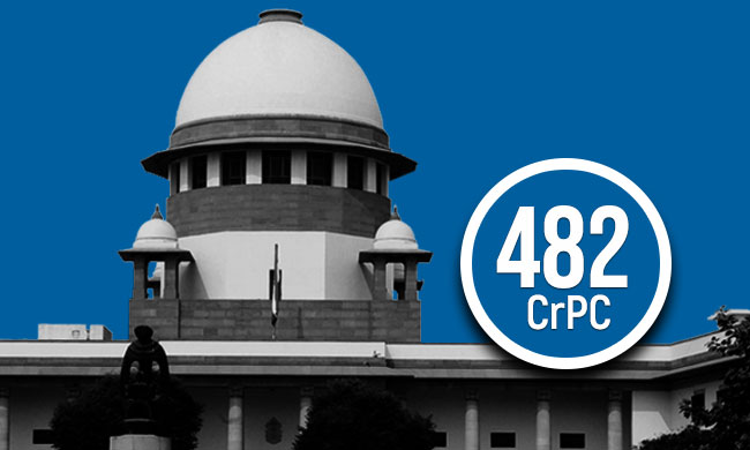Next Story
19 Jun 2019 12:14 PM IST
Petition For Quashing FIR Can Be Entertained Even If Charge sheet Is Filed During Its PendencyIn Anand Kumar Mohatta vs State (Govt. Of Nct Of Delhi) Supreme Court held that High Courts can entertain a petition filed under Section 482 CrPC seeking quashing of FIR, even if the charge sheet is filed during the pendency of that petition."There is nothing in the words of this Section which...

